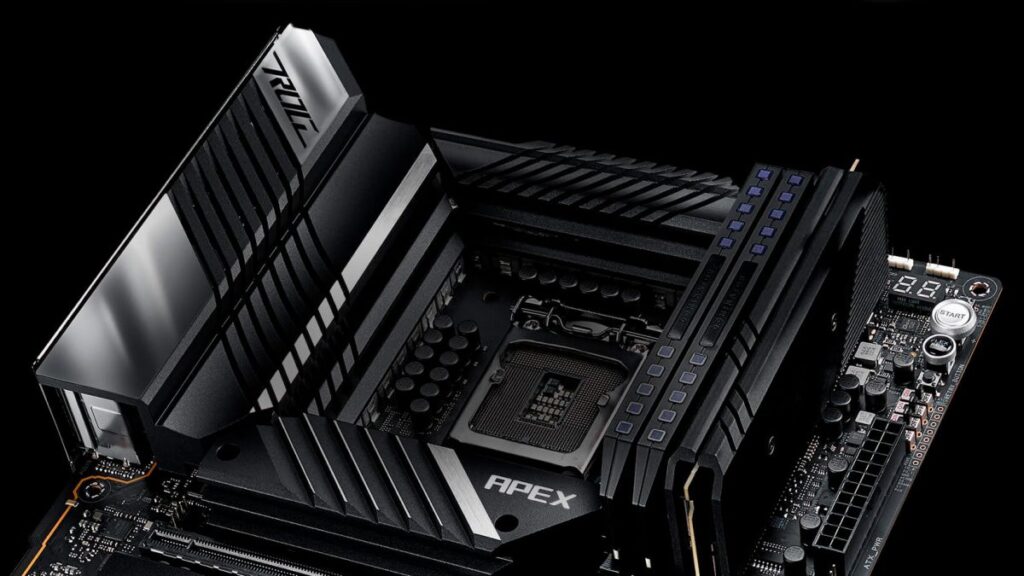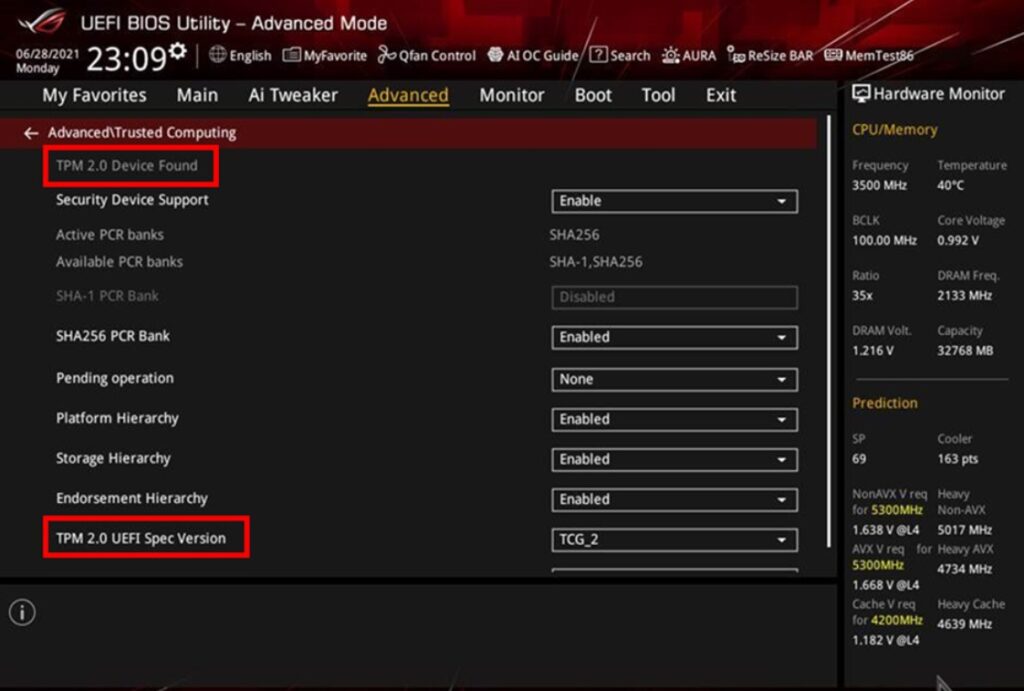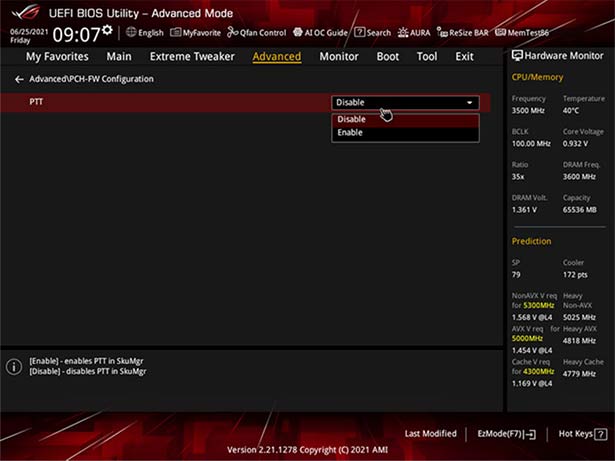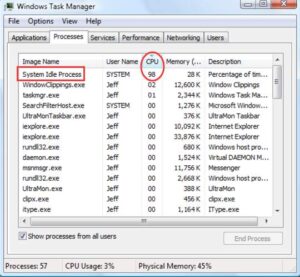Windows 11 has caused a lot of change and stir in the tech industry. Nobody was expecting Windows 11 as Microsoft claimed Windows 10 as their final major OS release. With Microsoft about to release Windows 11 most tech companies, mainly hardware firms have fastened up and are getting ready to develop new hardware and related infrastructure to receive Windows 11 well.
Well, you may wonder what other tech companies have gone on the spree to manufacture new hardware to support Windows 11, this is because Microsoft had come up with many enhanced features and functionalities, which needs efficient hardware. The system requirements for running Windows 11 are pretty much higher than what used to be for Windows 10. These improvements made hardware manufacturers buckle up and cope up with the trend. Well, this can be a benefit for the long term but a sudden increase in the system requirement standards can be harsh for many Windows 10 users as they might not upgrade to Windows 11 and would have to get a new computer to do so. Due to this, Microsoft may extend the support time for Windows 10 to provide users with feature updates and bug fixes in the future.

Hardware is a crucial part of a computer, it’s sometimes overlooked by people as they only see a computer as it is on the screen and leave the rest to the technicians. So, most people right now, who may have heard of Windows 11 might have been thinking to upgrade their OSes once the OS releases, but the problem is Microsoft has provided certain system requirements, on satisfying which one can use Windows 11 and people with older computers much upgrade te hardware to install Windows 11. Well, this might seem a drag, but Microsoft did this to improve the quality of Windows 11 and provide users with high-quality features. The major hardware change needed to run Windows 11 is the system must have a Trusted Platform Module( TPM) version 2.0, a minimum of 4 GB RAM, and then the motherboard must have UEFI firmware. These are a bit much for some computers.
As demand for high-end hardware sores high, the tech giant Asus came up with a new BIOS to run their motherboard. The new BIOS update seems to be exclusive for Windows 11 and to support the OS extensively. As Windows 11 required UEFI firmware, Asus has upgraded their motherboards to support Windows 11 and this will be pretty good as the demand for these motherboards will go up as Windows 11 releases.
Recommended Post:- Microsoft Faces major Backlash after Deleting Windows 11 Bashing Comments
The new BIOS update for Asus’s motherboard comes with pre-enabled TPM 2.0 so the motherboard supports Windows 11 without any issue. So, what is updating the BIOS important? Well, BIOS (basic input/output system) is a basic firmware that comes installed on the motherboard which controls all the input snd output channels in the motherboard and also performs various data transfer functions within the computer and without the BIOS no data will flow in the motherboard hence nothing will be processed. So, BIOS is the first thing that boots up when you start the computer, after which the OS gets access to all the hardware and boots up, displaying you the Windows logo. The BIOS was first implemented in 1975 and the subsequent version of the BIOS was improved to support modern computers. To say about the UEFI firmware, it is something like an upgrade version to the BIOS. UEFI supports high-end hardware and the boot-up time is considerably fast than BIOS and it stands for unified extensible firmware interface. UEFI is the firmware running most modern motherboards. One more advantage of the UEFI is it has a graphics-intensive user interface to make things easier for the users when using the UEFI firmware from the boot menu.

So, what’s new with the UEFI update on Asus motherboards? The firmware has been updated and now supports TPM version 2.0 which is a very essential hardware requirement needed to run Windows 11. The firmware also improved the support for AMD and Intel CPUs to provide better processing performance. The update has some concerns as some people are confused about the TMP options available and displayed in the UEFI mode. As Asus has stated that third-party external TPM will not work on their motherboards.
So, now that we know what improvements are coming to the Asus motherboards, let’s know which models are getting the update and which models will not support Windows 11.
- The updates are reported to be provided for the intel motherboard series: the 300 series, 400 series, And 500 series.
- Well, for AMD motherboards the 300 series, 400 series, and the 500 series will get updates.
- Asus in their FAQs has stated that their 200 series motherboards will not receive updates and will no support Windows 11. This could be bad news for users using the 200 series motherboards but they can always use Windows 10 till the support ends.

Not just Asus have rushed into making changes to their products but most other tech companies like Intel, AMD, Gigabyte, and MSI have been making changes to their products to support Windows 11 with great efficiency.
Hope the information provided above was helpful and informative, if you have an Asus motherboard, check its model and upgrade the UEFI to the next-gen as to start using Windows 11 once it gets released.?







